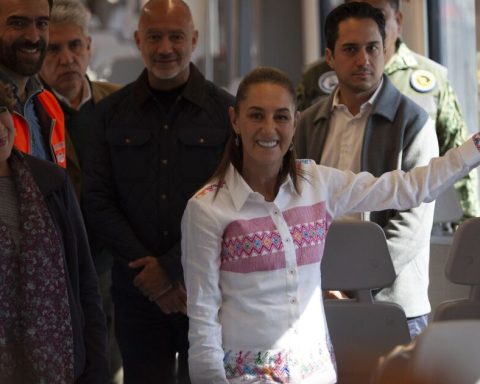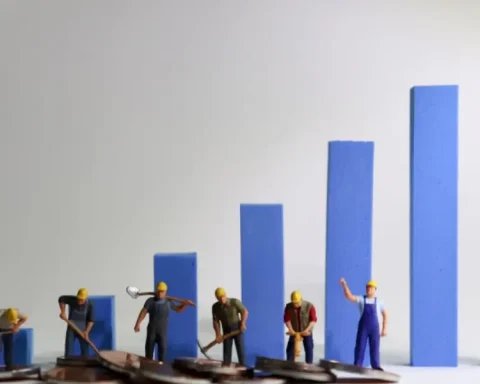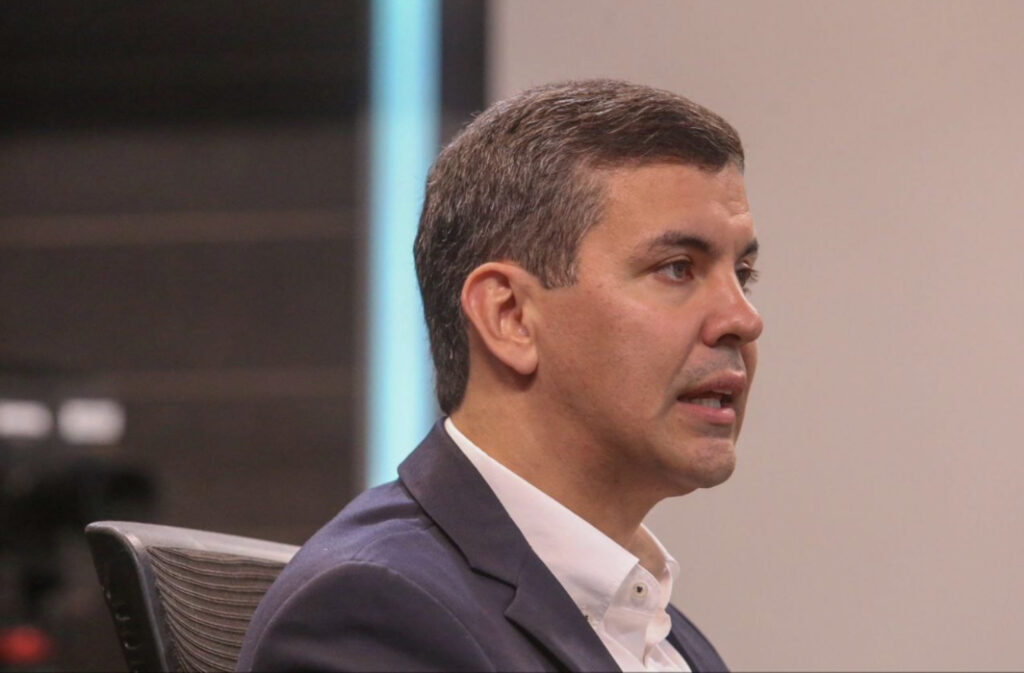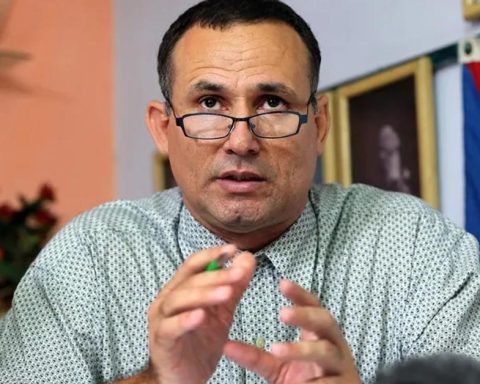The Annual Report CAF-Development Bank of Latin America has just been published, which reveals very important data on the economy and society of Latin America.
The executive president of CAF, Sergio Diaz Granados, pointed out the following in the presentation he made at the CAF Board of Directors meeting, held in Montevideo: “Latin America and the Caribbean have been one of the most unequal regions in the world for decades ( …) Despite the progress of the last 20 years, they have not been enough to undo the deep roots of inequality in our region. The disparities also extend to the educational and employment opportunities that Latin Americans have access to”.
Some of the data presented are, among others, the following: 50% of the poorest population in Latin America only participates with 10% of the income and 1% of the wealth. At the opposite pole, 10% of the total population takes 55% of the income and 77% of the wealth. The disparity is remarkable and explains underdevelopment, this devastation of human desires, fantasy and productivity.
A dramatic example offered in the report is that only 13% of the children of low-income parents will be able to achieve a college degree. A limitation of opportunities that produces frustration.
This scenario generates violence, desperation, a bottomless void and lies without remedy.
There are countries in other regions of the world that have exceeded levels of underdevelopment and are examples that it is possible. The most notable is South Korea, which became the star of the postwar period. This country, without oil and with few natural resources, went from being poor 50 years ago to another with a good income, industrial power, high level of exports and become an international creditor.
The key to South Korea’s success has been: 1) A high level of national and foreign public and private investment, 30% of its GDP, one of the highest in the world; 2) productive development policies inserted in globalization, through global supply networks; 3) an ambitious educational policy that eliminated illiteracy and raised the level of technological knowledge, which made it possible to carry out the digital revolution and 4) an efficient government regulatory policy.
Worldwide, in the last 20 years there has been a deterioration of social development policies, with the exception of the Scandinavian countries, whose success lies in the fact that they combine a market economy in economic activity and an efficient state redistributive function, which includes unemployment insurance. , extensive health and social security services, free education for all.
In developing countries, social policies have had major financing limitations that make services very precarious.
The priority is human capital. A World Bank study of 192 countries concludes that only 16% of economic growth can be attributed to physical capital (machinery, buildings and infrastructure), 20% comes from natural capital and 64% is attributed to human and social capital.
Economically successful countries such as the so-called Asian tigers (South Korea, Taiwan and Singapore) and Japan demonstrate this by channeling increasing investments in human capital.
Worldwide, in the last 20 years there has been a deterioration of social development policies, with the exception of the Scandinavian countries, whose success lies in the fact that they combine a market economy in economic activity and an efficient state redistributive function.















